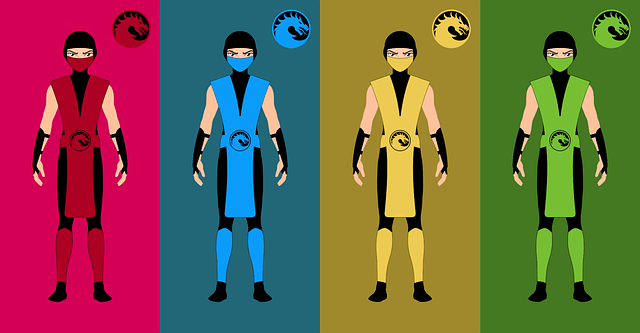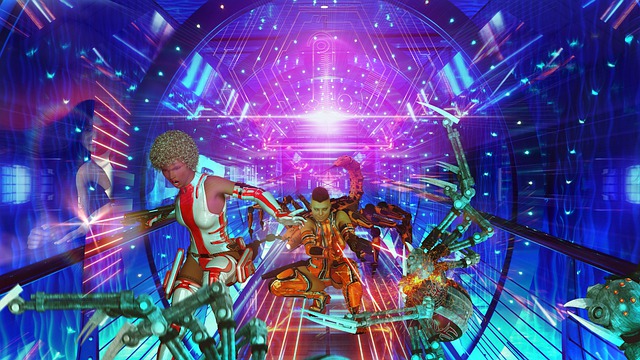Pictured: Dying Light 2 devs informing me I’ll be reviewing a 500-hour game.
Image: Techland
Among The Great And Terrible Discourses that plague modern gaming, few are as horrifying and all-consuming as “Are video games these days too damn long?” (Only its eldritch siblings, “Are video games these days too damn hard?” and “Do video games these days cost too damn much?” can really compare.)
The Game Length Thing got its latest endless re-litigation a few days back, when developer Techland announced that its new zombie parkour game, Dying Light 2, would take some 500 hours to fully complete. (That’s just shy of three weeks, for those of you with a math or calendar aversion.) Techland later clarified that players would only need 20 hours to complete the game’s main story, but by that time, the sharp knives were out online, and the screams of “That’s murder!” and “No, that’s ideal!” had already begun.
Video game pacing is a strange thing; as I’ve noted more than once to my colleagues—often despairingly, and from the depths of a multi-day review fugue—there’s really no modern media form that can match a modern video game for length. Twenty hours of gameplay isn’t even, like, a lot for a medium that’s produced stuff like Atlus’ Persona series or The Witcher 3. Comparatively, if one of my co-workers over in our film section was assigned something that took 20 hours of active engagement to experience, it’d usually comes with adjectives like “experimental” or “out-there” or “vastly inconsiderate to my day-to-day life.”
The issues raised by the Dying Light 2 announcement, then, trawl a wide swath of undercurrents currently lurking in the veins of the body gaming. There’s the perception, for instance, that anyone complaining that games are too long is just a games journalist annoyed about it being more work for them. (See, uh, most of the above paragraph.)
But that bit of ire runs on the incorrect assumption that reviewers are in any way required to “complete” a game in order to review it. Put in a good faith effort, yes. Clarify how much of the game you experienced, and any major gaps you might have hit, of course. But games—especially modern games—are almost never built for even non-paid, regular players to complete them. And an insistence on completion on the part of the reviewer ignores the fact that the experience of the first 10 hours of a game is just as, if not more, important to its overall impression as the last 10.
The real issue with a game promising 500 hours of content, then, is that it’s pretty much impossible for a large proportion of that content to not be repetitive, padded, or automatically generated. This isn’t necessarily a bad thing—if the sheer act of playing a game is joyful enough, then you don’t necessarily need a series of hand-crafted quests to make it sing. (Play matters! As much as writing and individual quest or level design, play matters.) But if you’ve never looked at a giant map full of icons in an open-world game and whispered a dispirited “God damn that’s a lot of little tower to climb,” then you’re a more dedicated gamer than myself.
Most of these 500 hours of little map icons are, of course, optional; games, more than most other mediums, are pretty much “done” when we say we’re done, and it sounds like Dying Light only requires a scant 80 hours to get all its sidequest and story content. But the decision by Techland, or other devs, to make 500 hours of content in the first place can have all sorts of knock-on effects on the design of the game that’s playing host to it. At its best, a glut of optional material can keep players engaged for long after they might have put the title down. (An interesting counterpoint to the current trend of endlessly patching in more material for a game in the weeks and months after release.) At its worst, though, that bolus of gameplay can have a diluting effect: The high parts of the game drowned out in a hundred procedurally generated fetch quests, developmental resources turned toward increasing The Big Number instead of tuning systems or existing quest design.
(All of this also completely elides the issues of crunch and other labor problems in the industry; “500 hours” of content, even simple or repetitive content, doesn’t make itself.)
Regardless of all this debate, Dying Light 2 will probably be pretty fun. (The first game was; it’s very hard to beat a good video game grappling hook, zombies or no.) The question, then, is whether it’ll be exhausting—or potentially stretched far too thin.
Source: https://www.avclub.com/dying-light-2-re-raises-the-are-video-games-too-damn-l-1848342215



